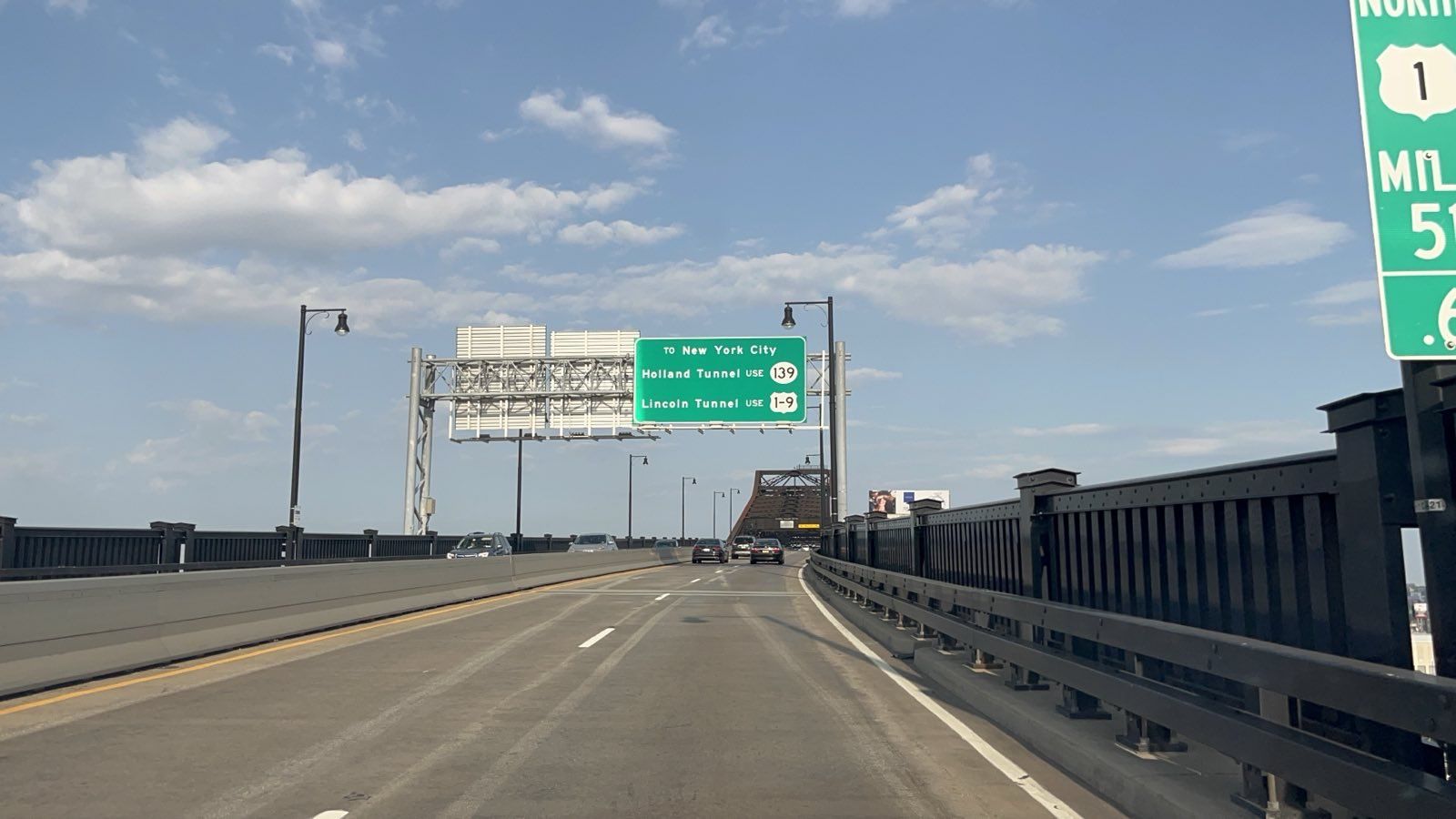Shipping marijuana across state lines is a complex and highly regulated process due to the conflicting laws at the federal and state levels. While individual states have made significant strides in legalizing cannabis for medical and recreational use, the federal government still classifies marijuana as a Schedule I controlled substance. This dichotomy creates unique challenges for businesses and consumers alike.
Federal Restrictions
Under federal law, it is illegal to transport marijuana across state lines, even between states where cannabis is legal. The federal government views this as drug trafficking, which carries severe penalties. This restriction applies to all forms of transportation, including mail, private courier services, and personal vehicles.
State-by-State Variances
Each state has its own set of cannabis laws that govern the sale, possession, and transportation of marijuana. For example:
- California and Oregon allow recreational and medical marijuana use but prohibit the transport of cannabis to other states.
- States like Idaho and Nebraska, where marijuana is entirely illegal, impose strict penalties for possession, even if the product was legally purchased elsewhere.
Businesses must also navigate regulations surrounding intrastate (within the same state) marijuana delivery, which can vary. Some states allow licensed dispensaries to deliver to customers, while others do not.
Hemp as an Exception
Hemp-derived products containing less than 0.3% THC are federally legal under the 2018 Farm Bill and can be shipped across state lines. However, states may impose their own restrictions, and carriers like UPS and FedEx have their own rules regarding hemp shipments.
Tips for Compliance
- Know the Law: Stay informed about federal and state cannabis laws, as well as the regulations of states you operate in or plan to ship to.
- Use Licensed Couriers: If you’re shipping within a state where cannabis is legal, ensure the courier is licensed to handle cannabis products.
- Label Products Clearly: Proper labeling can help ensure compliance with state laws and reduce the risk of penalties.
The Road Ahead
The patchwork of marijuana laws across the U.S. creates a challenging landscape for shipping cannabis products. As the industry evolves and federal legalization becomes a possibility, these regulations may change. Until then, staying compliant requires vigilance and an in-depth understanding of both state and federal laws.
For those navigating this terrain, consult with legal experts and stay updated on changes in cannabis legislation to avoid costly missteps.

